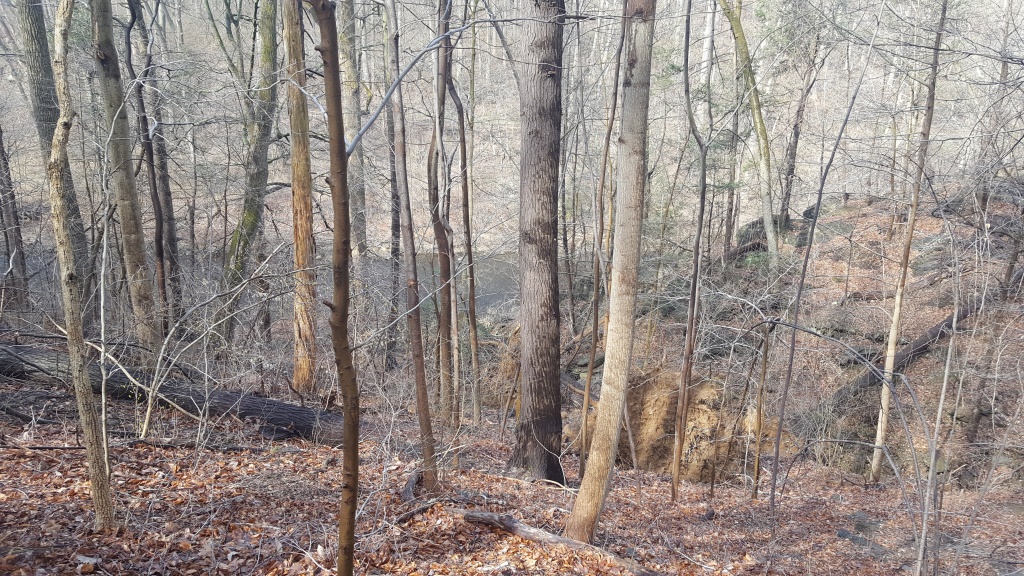The Strange Fruit of Complacency
By: Camila Rivera-Tinsley
Southern trees bear strange fruit
Blood on the leaves and blood at the root
Black bodies swinging in the southern breeze
Strange fruit hanging from the poplar trees.
Pastoral scene of the gallant south
The bulging eyes and the twisted mouth
Scent of magnolias, sweet and fresh
Then the sudden smell of burning flesh.
Here is a fruit for the crows to pluck
For the rain to gather, for the wind to suck
For the sun to rot, for the trees to drop
Here is a strange and bitter crop.
Did the imagery of the poem above shock you? Does the juxtaposition of the beauty of a tree bearing fruit, and sadness of a tree being used to bear the fruits of racism disturb you? If the answer is yes, then a portion of my mission has been accomplished. The poem above is symbolic of the complicated narrative and relationship that exists between Black bodies and green spaces.
I am many things; a woman, a mother, an educator, a parks practitioner, a lover of humans and nature and green space, an advocate of overlooked people and places, and I am also melanated. These days, I feel my melanin more than ever, and the ways that that small phenotypic difference shapes my experiences. I am never free of the burden (or the power) of being Black in America.
What does being Black in America mean? What does being Black in the parks and rec world mean? What does it mean to be Black in the environmental world? These are questions that I confront daily, just by waking up and going to work. I consider how I am perceived by the world and my peers. I adjust my language so that I am sure to signal to others that I am “smart” enough to exist in the space that I am in, and I am intentional to seem non-threatening so that I am better received. I am consistently aware that I am often the only representative voice in a space, and as such I am often both the representation and the advocate for whole groups of people. I am also keenly aware that the urgency that I feel to change the world, is often not felt by others, until blood is shed. That is a hard a lonely space to live in. Sometimes, I do not feel protected or emotionally safe.
This begs the question for me, how are we protecting people of color that enter the parks that we steward? How are we protecting our coworkers, our community members, or the students that show up to our various camps and programs? How are we actively confronting the weaponization of blackness in green spaces?
To borrow from a famous leader, there is a fierce urgency right now. We must confront and actively challenge and change the ways that our organizations are complicit in perpetuating structural inequities. We must change our narratives. We must commit to active change. We must not let complacency continue to bear its strange fruit. No more blood should spill in the streets or on the leaves.
I am calling on all my peers to stand up for me and for the other black bodies that inhabit predominantly white spaces. I am calling on you to have hard conversations, to reflect on your biases. I am calling on you to create budgets that demonstrate a commitment to equity. I am calling on you to ensure that your staff and board are reflective of the communities that you serve. I am calling on you to reinterpret green spaces and actively seek to uplift black and brown voice. I am calling on you…
Let us please bear new fruit in the future.


